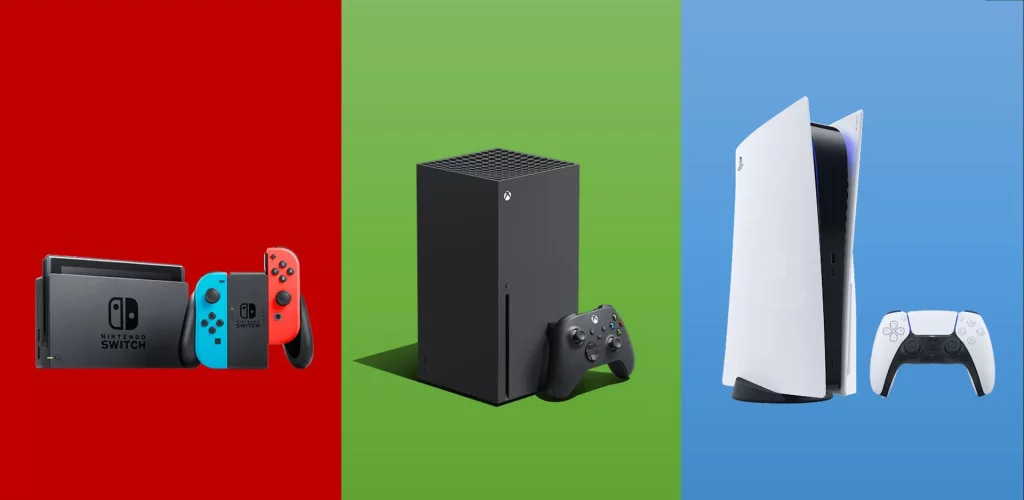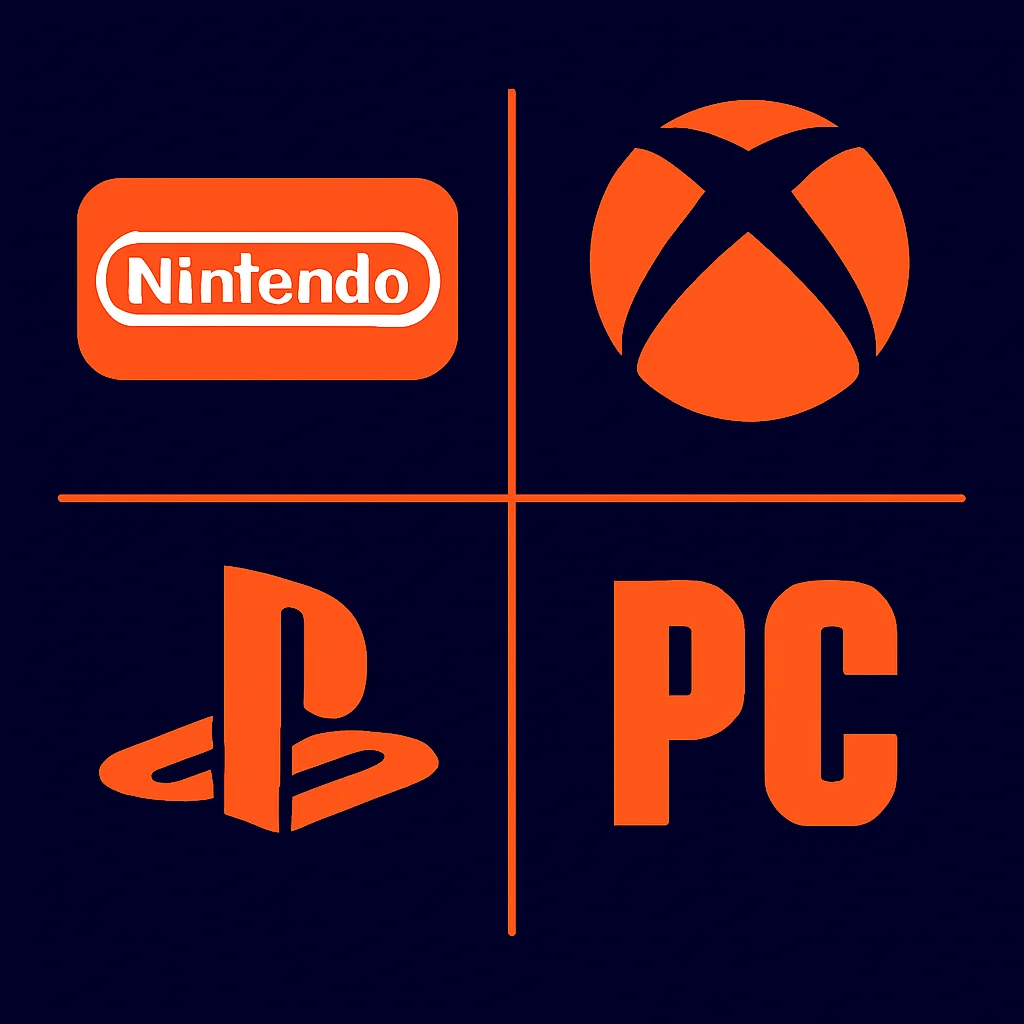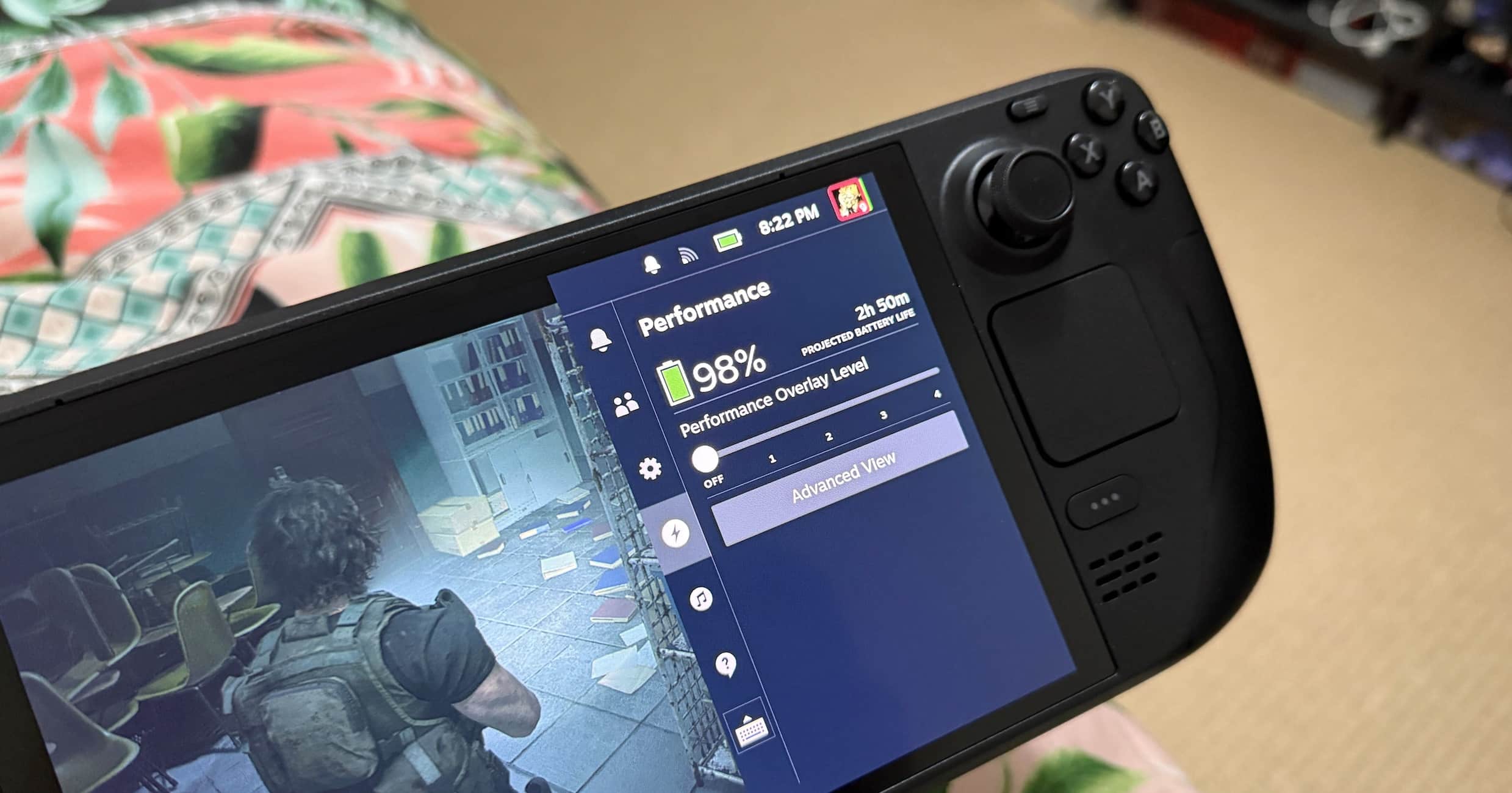Once touted as the holy grail of gaming, having 2010s kids foaming at their mouths at the prospect of playing Fortnite across platforms, crossplay made no restrictions its unique selling point. The promise was relatively simple; play together, no matter the device. For a while, that sounded like pure paradise and in fact a glimpse into what the future of gaming could potentially hold.
But now that this reality has settled in, I’d argue that crossplay – and the simultaneous multi-platform development culture that undoubtedly came with it – has done more harm than good in the long run.
What first sounded like a noble unifying feature, has arguably turned into a creative bottleneck, stifling innovation and weakening platform identity in turn. Producing a jack of all trades experience hurts gaming – and as the dust clears, I’m left wondering: Was the console war era actually better for us gamers?
The Problem With Crossplay

When you develop for PC, PlayStation, and Xbox all at once, you’re forced to aim for the middle ground, the most common denominator.
Every system has different strengths and weaknesses, and instead of pushing the hardware to its absolute limits, developers are tasked with keeping everything running “good enough” across the board.
Games, therefore, don’t really excel anywhere. Gotham Knights reviewed with mixed reception, for example – capped at 30 FPS on consoles, running poorly – or not at all – on PC at launch and ultimately underwhelming on every platform it released on.
Todd Howard’s magnum opus Starfield suffered from similar issues. This one was kneecapped by having to ship on both PC and Xbox simultaneously, which is something Bethesda has been notoriously bad at.
As you can see, there are many examples as to why multi-platform development in order to crossplay between them is a bad idea, so why are developers still doing it?
Undoubtedly to broaden their player-base, in order to maximize winnings. Who loses in that scenario? Players do.
Control Schemes That Don’t Translate Across Consoles
I have no issue with Xbox and PlayStation crossplay, since, you know – both are using controllers of varying quality, which is a point of debate for sure. But especially PC players with mouse-and-keyboard setups are built for precision, something a controller just doesn’t have.
Console players with controllers are built for accessibility and comfort, and trying to design a control scheme that works seamlessly for both often means neither side gets the best experience. How else would you explain aim-assist on consoles in multiplayer shooters?
Aim assist creates a soft skill ceiling in competitive play, no doubt trying to offset the simply superior and more precise movement of the mouse. PC players can snap across the map and their target in milliseconds, and now – yet again – developers are stuck between a rock and a hard place, in trying to balance two vastly different control methods.
The end result always ends up feeling awkward, and games like Halo and Call of Duty have wrestled with that for years. It’s no accident therefore, that input-based matchmaking has become a thing. So the question is – if you segment players by their input method – why have crossplay at all? I don’t see many console players running around with a PS5 keyboard, for example.
Crossplay Hardware Disparity
No matter how much crossplay advocates pretend that a Series S, a PS5, and a $3,000 gaming rig are all equal players on the same field, they’re not. Hardware disparity creates balancing nightmares and often forces developers to limit ambition to keep the lowest common denominator in the loop, which – again – hurts all players equally.
Cyberpunk 2077’s catastrophic launch is exhibit A, as much as it’s a single player game. The title barely ran on last-gen consoles because CD Projekt RED tried to promise everything to everyone. Had they honored their legacy as a PC developer and targeted PC development first, or truly embraced next-gen hardware without looking back, we might have seen a cleaner, more polished experience.
The same can be said for multiplayer titles like Hunt: Showdown, and we’re not talking about the constant ping abuse here. Console lobbies are dominated by shotguns and melee builds, because trying to be this accurate with your Ranger levering rifle just puts every player trying to play this way at a constant disadvantage.
Fewer Console Exclusives and Identity Crisis
The irony here is that crossplay, meant to unite us, has instead diluted what made platforms special. No longer having exclusive titles or even games that were so good that they warranted getting the specific console just for that title is damaging.
Gaming felt sharper when there was competition, when devs carved identities into specific hardware, and when exclusives meant something.
I don’t want every game to be playable everywhere if it means sacrificing performance, identity, and focus. Games thrive when they know exactly who they’re for. Forza, for example, belonged to Xbox but Horizon 6 will now release on PS5. Bloodborne belonged to PlayStation. Gothic, Arx Fatalis and other CRPGs felt like PC-only experiences you couldn’t replicate on a console.
By trying to please everyone, we’ve ended up with fewer reasons to feel excited about owning one platform over another. And worse, fewer games that feel designed with passion and purpose, which is what stings the most.






